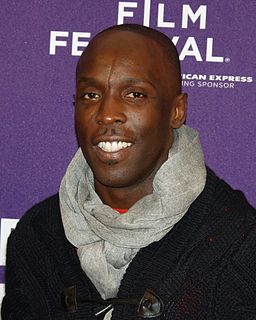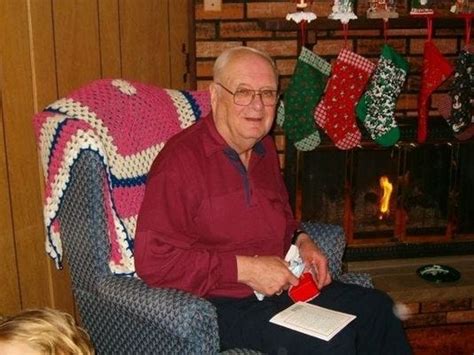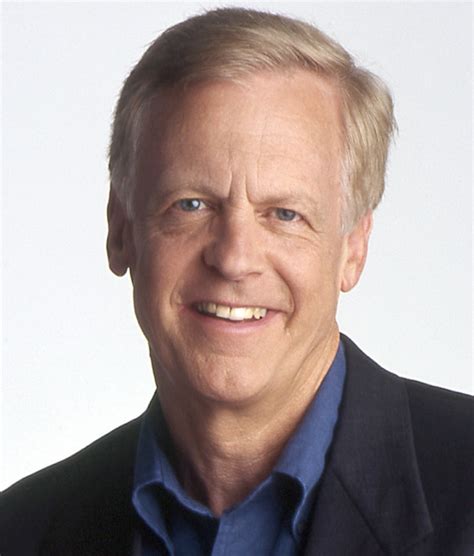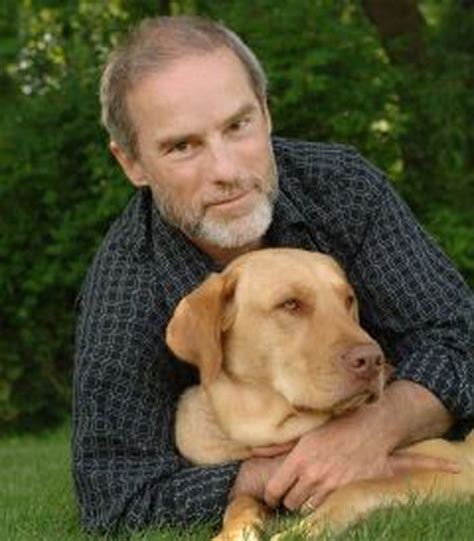A Quote by Sara Shepard
With teenagers, the emotions are higher and things are more dramatic. That doesn't mean adults don't also act like children in their own way.
Related Quotes
We underestimate teenagers at our peril. Even the dismissive thing out on the street--look at what they're wearing. Then we'll hear stories about how a toddler fell on the tracks, and it's often a teenager who comes to the rescue and walks away because he or she doesn't want any credit. I recognize it because I've written books for teenagers--it's basically that they feel things more than adults do. They want things more than you think. They want things with greater depth than you think they do. Teenagers have got a lot of soul that adults have forgotten they have within themselves.
Now social media is a centerpiece of our lives. It can be a useful tool for connection and communication. It can ease the isolation that so many people feel in the modern world. But like anything that is powerful, it can have a bad side. As adults, many of us are able to handle mean words, even lies. Children and teenagers can be fragile. They are hurt when they are made fun of or made to feel less in looks or intelligence. This makes their life hard and can force them to hide and retreat. Our culture has gotten too mean and too rough, especially to children and teenagers.
Working with children is very different than the way in which I work with adults. I never tell the children the actual truth of the thing that I want them to act. Although children are really into play and play acting, and this is a major part of their existence, they never actually find the playing or acting of adults credible.
































